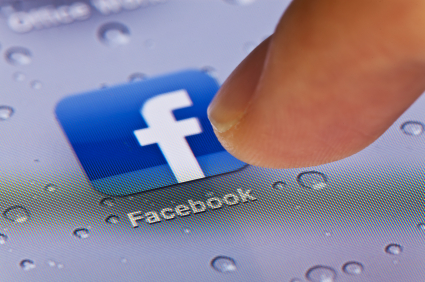
New healthcare research is shedding some disturbing light on exactly what the staff inside of an ER are doing at any moment throughout the day, or night. As professionals in the healthcare marketing industry, we are well aware of how paramount Facebook marketing is to overall campaign success. We know when your target audience is online, what they’re talking about with their friends, and how often they log in. This new research is now showing us how often you, the physician and hospital staff, are logging in as well, and it’s very interesting.
ER Staff On Facebook A LOT
The University of Florida took on the task of discovering just how often healthcare workers in emergency rooms jump onto Facebook, and the results are incredible.
- Health care workers in the emergency department spend 20 per cent of their time at work on Facebook - and worryingly this increases with the volume of patients and workload.
- Researchers at the University of Florida observed 68 different workstations in one emergency department over 15 days and compared the time spent on Facebook with the work index, which was derived by hospital information systems.
- They found that over the 15 days, 9,369 Facebook pages were visited over an accumulated 72.5 hours and staff spent one out of every five minutes on the social networking site.
If you didn’t catch that last part, emergency department staff spent, on average, one out of every five minutes on Facebook. And even more interesting and disturbing was that time spent on Facebook only increases as patient and workload increase.
The researchers went on to conclude: ‘It is our opinion that this level of Facebook use is unacceptably high in clinical spaces, and as such, computer workstations in patient-care space should limit access to online social networking and other forms of entertainment.'
'This unanticipated finding warrants further investigation since increased patient volume and acuity seemed to prompt health care workers to seek distractions or opportunities for cognitive time-outs.
'It is possible that these time-outs lead to improved worker functioning, but of more concern is that it may also represent a compromise of patient care.'
